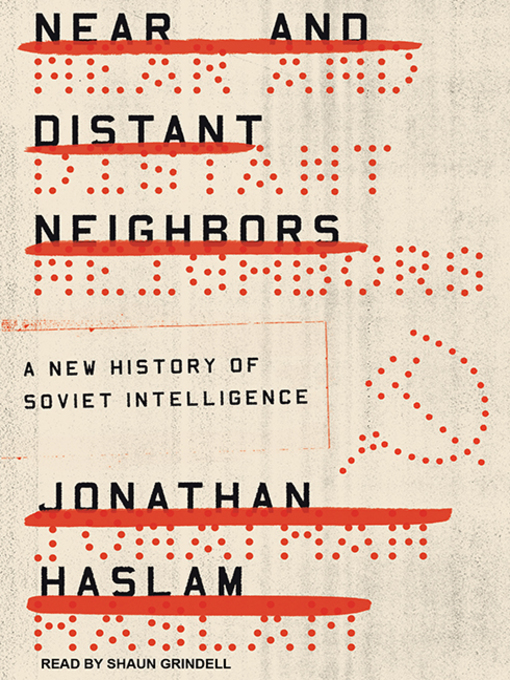- Arts & Crafts
- Fitness and Health
- Outdoor Recreation
- Biography & Memoir
- Business
- History
- All Nonfiction
- See all
-
Description
-
Creators
-
Details
-
Reviews

- Jonathan Haslam - Author
- Shaun Grindell - Narrator
OverDrive Listen audiobook
- ISBN: 9781494591793
- File size: 429684 KB
- Release date: September 30, 2015
- Duration: 14:55:10
MP3 audiobook
- ISBN: 9781494591793
- File size: 430726 KB
- Release date: September 30, 2015
- Duration: 14:46:55
- Number of parts: 17

Loading
